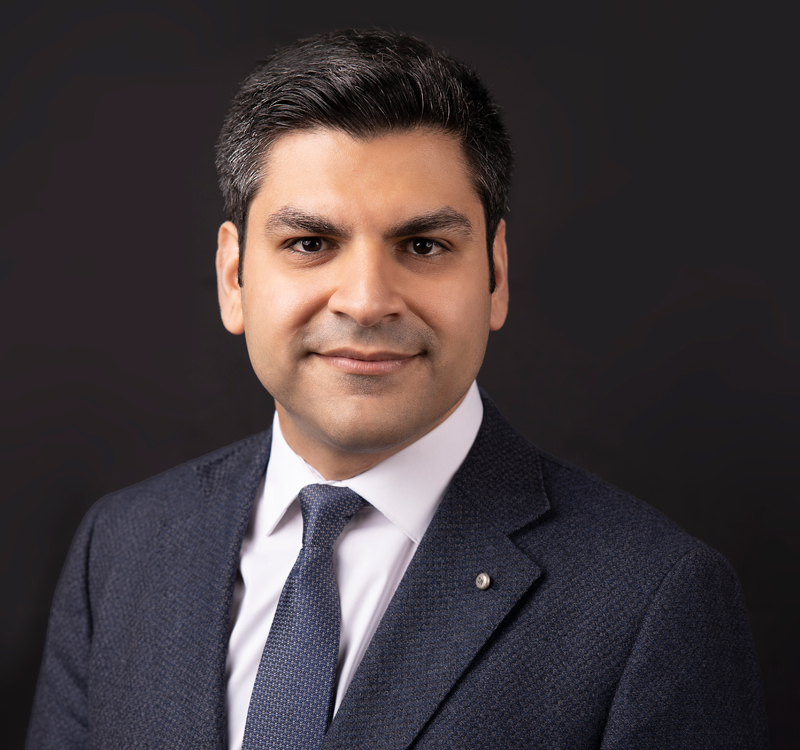Conventional Dentures
The Vital Connection Between a Complete Set of Teeth, Dental Well-being, and Overall Health
Having a full set of teeth isn’t only about your appearance, it’s essential to your dental health and overall health. For people who have missing teeth or need their natural teeth removed, dentures provide a way to maintain all three. There are many types of dentures a person can choose from and the most common are conventional dentures.




What are Traditional Dentures?
Dentures are removable oral appliances that replace missing teeth. A set can be made for the upper jaw, lower jaw, or both and replace all teeth in the mouth. Conventional dentures are usually crafted from materials like resin, nylon, metal, porcelain, and acrylic; each material has its own benefits and drawbacks, as well as price points.
Types of Dentures
Conventional dentures are made for the person needing them and aren’t a one-size-fits-all solution, with that, there are several types of dentures depending on the needs of the patient. There are other types of dentures, such as implants, but the below listed strictly relates to conventional dentures.
- Partial Dentures
- Full Dentures
- Immediate Dentures
Benefits of Dentures
Dentures provide significant benefits to a person’s overall health, not just their appearance:
- Supports facial muscles
Without teeth, the underlying jaw bone will slowly deteriorate and lead to a sagging facial appearance. Conventional dentures help to support the facial muscles and maintain the natural contours of the face.
- Improved chewing and speaking
missing teeth not only make chewing food very difficult but also help with clear speech. Rather than cutting out foods that require significant chewing and slurring words, dentures ensure next to no changes in either ability.
- A restored smile


Conventional Denture Procedure Overview
Before having dentures made, a patient will have a consultation with their dentist and an exam done to see what sort of dentures are right for them. During this consultation, your dentist will ask and examine things like:
- How many teeth you’re missing.
- How long your teeth have been missing.
- Whether you prefer a removable or nonremovable appliance.
- The density and volume of your jawbone.
- The relationship between your upper and lower jaws.
- Your personal preferences.
Next, the dentures are made:
- Dental impressions are taken: An impression of the upper and lower jaws is taken, including the gums and remaining teeth.
- A Dental mold is made: The impressions are sent to a dental lab where a dental technician will make a replica of the mouth as a model. The model will be used to make your custom dentures.
- Denture is made: The dental technician will use a variety of materials to build up the base of the new denture before adding artificial teeth, carefully examining and constructing it to ensure the upper and lower teeth fit together correctly before polishing them into a natural-looking shine.
- Fitting: Once the dentures are ready, your dentist will place them in your mouth to check the fit. They’ll look for any areas that place too much pressure on the gums and make any final adjustments.
Caring for Your Dentures is Caring for Your Mouth
Like natural teeth, conventional dentures need care too. To keep them in good condition, there are a few guidelines to stand by:
- Clean the dentures with a denture brush and paste
- Remove the dentures at the end of every day, don’t sleep with them in
- Soak dentures overnight in a denture solution
- Brush the gums, tongue, inner cheeks, roof of the mouth, and any remaining teeth twice a day.


Get Your Perfect Smile
If you’re searching for a dentist in Bellevue to help restore your smile with conventional dentures, look no further than the team at Bellevue Dentist.
Dr. Siamak Najafi is an accomplished dentist who has trained with the world’s leading dental pioneers. He will have a comprehensive exam of your oral condition and will explain all possible options suitable for you to restore both function and the cosmetics of your mouth in the most efficient way.




Dr. Don Jayne is a nationally recognized leader in dentistry. He focuses on providing unparalleled expertise in cosmetic, general, implant, and sedation dentistry. He is dedicated to providing you with the most advanced techniques and effective technology available in dental care.
